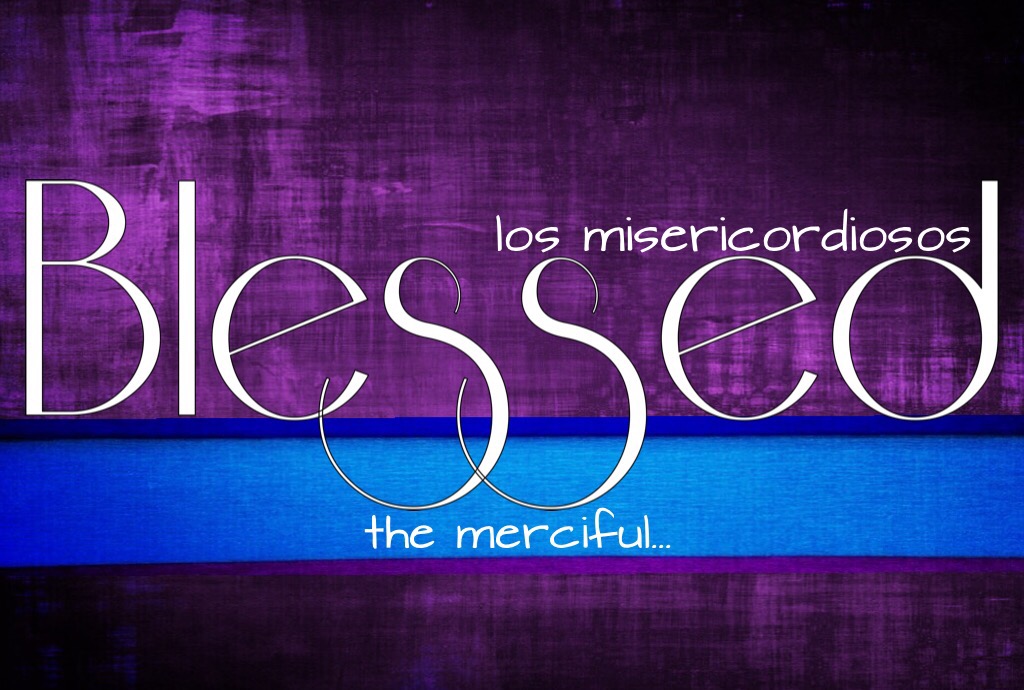Blessed are the Merciful
share
By Sister Rita Parks
For Lent this year, we have asked eight sisters and associates to reflect on the Beatitudes and offer ways in which we may embrace these blessings in our own Lenten journeys. There will be additional reflections published for Ash Wednesday, Palm Sunday, Holy Thursday and Easter.
Blessed are they who have received mercy, for they can now be merciful.
What? Wait a minute! Isn’t it the other way around?
Yes. And no. Sometimes a bit of rearranging can offer another perspective, another opportunity for both contemplation and action.

In exploring the first half of this reversal, praying with Scripture opens up what it means to receive mercy. The ancients in our tradition sang psalms celebrating the mercy of the Holy One, which began before time and continues as endless creativity renewed “each morning”; today’s liturgy reminds us to remember God’s mercy from “days of old.” Speaking for the God of Israel, prophets also echoed the same promise: “With age-old love I have loved you; so I have kept my mercy toward you.”
This, of itself, can bring us to our knees in gratitude for such a great gift.
Yet we also know that God is never finished giving. This first outpouring of mercy—so extravagant, so generous—is embodied in Jesus, God’s mercy made human. This Jesus is what God is like. And so often in the stories of his curing those sick in body or heart or mind, the healing mercy he imparts is followed by an invitation to the one restored: “Go and do likewise.” Go and give to someone else the gift you have been given.
Which brings us to the second half of the Beatitude reversal.
Again, Gospel stories take us to the next step of the grace offered because of mercy received. I wonder: Did the wretched son forgive his jealous brother because of the gift of his prodigal father’s mercy? Did the wounded traveler lying on the side of the road to Jericho restore someone else in distress, like his Samaritan rescuer did? And as a merciful Jesus offered the opportunity to “go and do,” did each of them—the blind given sight, the lepers cured, the woman standing upright—give in turn the gift of mercy they received? Gift freely given offers a choice to freely give.
Institute President Sister Pat McDermott, in a recent video message introducing Institute-wide staff, reminds us that mercy is kind, responsive, compassionate, welcoming. During this extraordinary time, when we have limited opportunities to enter into life and ministry as fully as we would wish, these simple yet challenging ways of being mercy can open up opportunities for creativity. Our Mount of Beatitudes today is a room, a street, a neighborhood. It’s a phone conversation, an online gathering, food prepared and shared with a neighbor, a letter to a friend or to a newspaper or someone in power. It extends as far as our desire can reach. From our Mount of Beatitudes, we can expand our vision and open ourselves to our village or city, our country, our world. Because we have first received mercy, we can be merciful as well.
Go and do likewise.